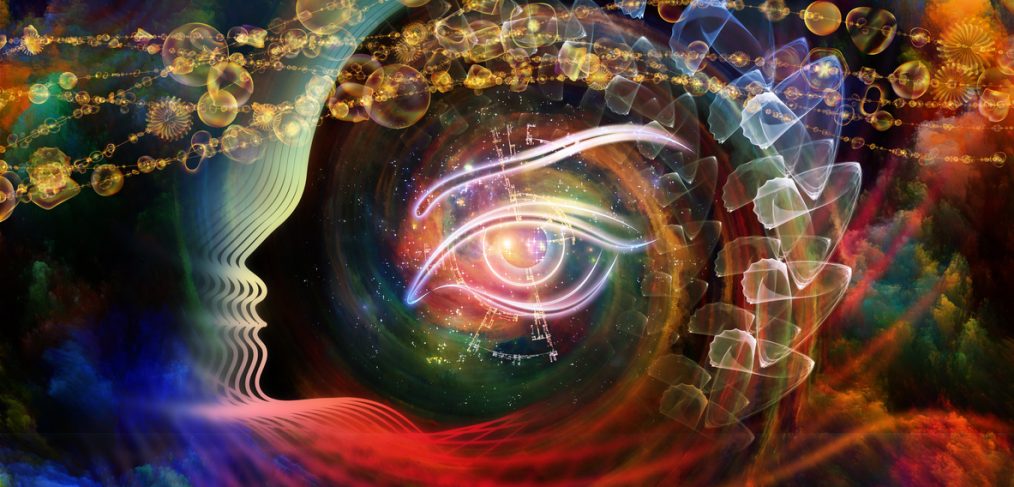As we move through our lives, most of us are working to make our lives better: happier, healthier, and more meaningful. We may work on these elements consistently, or we may follow fads and have multiple false starts along the way. In the midst of our busy lives, it can be quite challenging to pay attention to what is needed to achieve our most basic goals in life. But without accomplishing these goals, we are considerably less likely to achieve our more lofty ones. How many of us pay attention to the foundation needed to work on those basic goals—the elemental pieces of a happier, healthier, more meaningful life? It’s not complicated—eat right and exercise, get plenty of sleep, keep your stress level down—but it is onerous. It takes discipline, proactivity, an open mind, and consistency. We have to be intentional about our foundations or they will not happen. Although everyone’s foundation may be slightly different, we all have basic requirements that include sleep, nutrition, exercise, and mental/emotional health. Many would also add spirituality to this list. But whatever our foundation consists of, it’s important to be specific and intentional and follow through on our goals for each of these elements.
Like most people, my life is made up of a variety of competing forces. They often seem like a mishmash of drives, doubts, and compulsions, and it can be hard to get a handle on them and how much each is controlling my day-to-day thoughts and activities, my path in life, and my worldview. I try to be very intentional about my vision for my life, goals, and aspirations—I have a document that I update regularly describing all of these—but I still struggle with who’s in the driver’s seat. I do feel like I have a good, strong moral compass that helps me develop my evolving worldview and guides my interactions with people, but I can also be selfish. I try very hard to be healthy and spiritual, but many of my thoughts and actions are driven by compulsions related to basic urges. Sometimes I prioritize working toward an ideal, while at other times, I tell myself that I should just have fun. Life is, of course, a balance, and I try not to sweat these competing forces too much, but when I stay aware of these forces, it can actually be fun to watch them fight with each other.
I’ve been thinking about these forces in terms of Freud’s id, ego, and superego[1] (more here), which has been fun and instructive.
A crisis is a great opportunity to get to know ourselves better.
Some may aspire to great ideals, but when faced with a crisis, they revert to fear-driven behaviors, such as hoarding. It can be helpful to examine how we’re assessing the crisis, in terms of its potential impact both on us and on our communities. It’s also tremendously important to assess our own emotional journeys and thought processes when a crisis arises. We can feel worry, anxiety, and fear during a crisis, and those feelings can be overwhelming. They can drive us to engage in activities that we believe will give us some control over the situation. It takes honest and intense introspection and reflection to understand our feelings, how they drive us to certain behaviors, and how we might redirect those feelings into more constructive behaviors.
How are you holding up?
Do you find yourself worrying constantly and running through worst-case scenarios in your head, or are you able to remain calm, keep some perspective, and find ways to make a positive difference? As I’m writing this, the planet is facing its worst public health crisis in a hundred years. The Coronavirus Disease 19 (COVID-19) is a new[1]respiratory virus first identified in Wuhan, China, in December 2019. As of this writing, 209 thousand people have been infected, and nine thousand people have died from the disease. It’s pretty scary. When faced with a crisis of this magnitude—one that has implications for our very lives and livelihoods—we enter uncharted territories. We face situations, choices, and challenges that we’ve never faced before. In some cases, we have to decide between our own and our families’ health and safety and the greater good. It’s during times like these that we really come to know ourselves and what we’re made of.
When was the last time you had some free time?
By free time, I don’t mean time to mow the lawn or a chance to finally clean the garage. I mean time that’s completely yours to do whatever you want—to do what you feel like doing in the moment.
Free time is such a foreign concept to most of us—we generally don’t make time for it and don’t even recognize it when we have it. Fitting in free time—unstructured time—can be extremely rewarding and can help us learn about ourselves and how we fit into our world.





